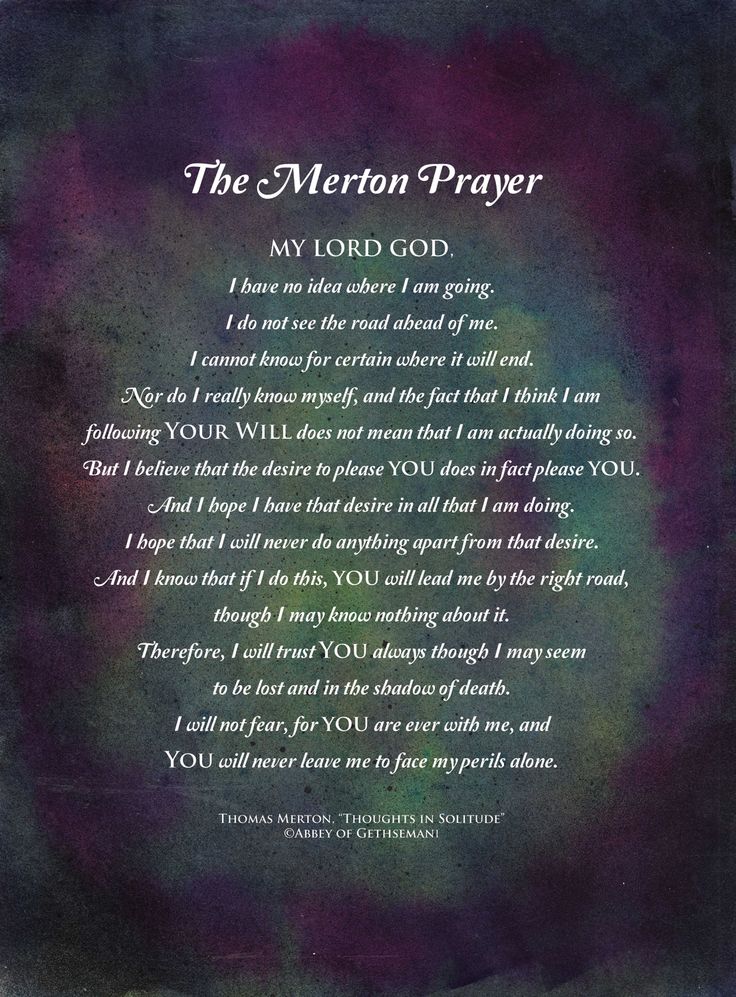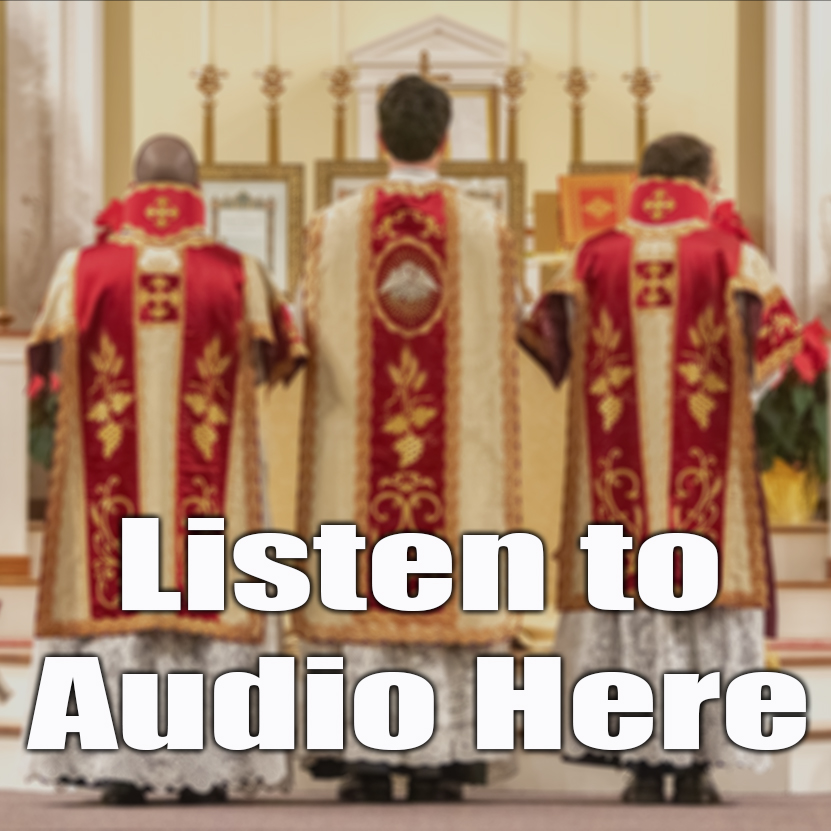
Often difficulties and objections disappear when they find out what Christian theology really says.
#Prayer in silence full
Many Christians are unfamiliar with the full beauty of their faith. The poetry also alludes to the Bible, especially the Gospels and the psalms which are my daily bread. with your head bowed in silence, or crying out in grief, or dancing. Help' is a prayer that is always answered. I have used poetry for some years in my work of spiritual accompaniment one-to-one, and I hope that online readers may find the poems helpful as they move from pondering the poem, into prayer to God in words and movements of the heart, and finally into the deep inner silence of abiding in the divine presence.Īll my poetry presupposes foundational Christian theology such as the doctrine of the Trinity and the resurrection of Christ, and cannot be properly understood without it. The fruit of silence is prayer, the fruit of prayer is faith, the fruit of faith is love, the fruit of love is service and the fruit of service is peace. These things move the heart into a place of receptivity and faith-filled expectation, and ease the transition into inner stillness. Poetry works on the borders of the inexpressible, approaching mystery sidelong by means of metaphor and image. Then there is spiritual reading such as poetry. There is prayer in words, such as the prayer of the daily office. But there are ways of preparing the heart for the silence of contemplative prayer. We’ve got verse reflections that help us see reasons why the Bible is relevant today.Poem – prayer – silence: what is that about? Aren’t words and silence opposites? It is true that the deepest communion of prayer is silence deeper than thought. Simple Bible devotions are a great way to connect with God in the everyday. And when we want answers to our troubles, sometimes sitting in the silence of God’s apparent absence is the closest to God we can feel. What do you do when you pour out your heart to silence, to a brick wall? While it may feel like we are doing just that, the very fact that God still hears our voices and knows our hearts is amazing. Bringing our pain to him is an acknowledgment of our frailty, our hurt, and our need for help. The prayer of lament – like in Psalm 88 – is the healthiest (but hardest) way of coping with pain and grief. Human attempts to numb our sorrow will lead to any number of dismal conclusions. There can even be a sick solace in despair: surely no one else has it as hard as me! The human will to press on in dire circumstances is impressive but, done without God, only leads to burnout and indifference. Whatever the source of the psalmist’s pain, they believe God to be the main instigator. Their friends have shunned them, and they’re not even sure God is listening– they might as well be talking to themself. The psalmist cries out from frustration, from a place of abandonment. We aren’t the only ones disappointed when God seems silent. Our prayers of establishing normalcy and a semblance of routine have seemingly gone unheard. My wife and I uprooted our lives in Colorado, moved back to Michigan, had a car die, and lost a close friend in an accident, all the while working three jobs to stave off rising costs of living.

This last year is about as close to Job’s life as my story’s been so far. O Lord, why do you cast my soul away? Why do you hide your face from me?”

“But I, O Lord, cry to you in the morning my prayer comes before you. Well… sometimes, it’s best to do just that.Ĭheck out Steven’s devo on the importance of lament.

What can we do when everything’s going wrong? When we just want to cry out to God and ask, why are you letting this happen? Join us in learning about why the Bible matters and how God can speak to us through it. Finding time each day to study the Bible can be tough, so we’ve compiled some good Bible verses to reflect on through verse reflections like this from Christian writers. The abundance of short, simple devotionals can be hard to sort through.


 0 kommentar(er)
0 kommentar(er)
